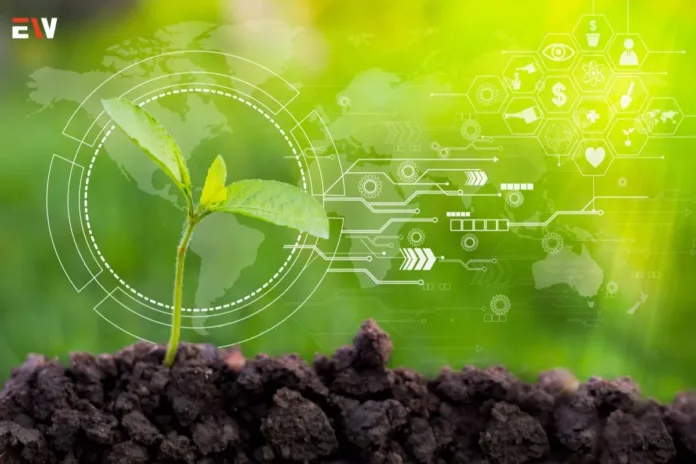
In an era where environmental concerns are at the forefront of global discussions, sustainable tech has emerged as a powerful force in driving positive change. As industries worldwide strive to reduce their carbon footprint and adopt greener practices, technology is proving to be an essential ally. From renewable energy systems to smart cities, innovations in sustainable tech are transforming how we live, work, and interact with the planet.
The Rise of Sustainable Tech
Sustainable tech, also known as green technology or clean tech, refers to products and practices that use science and technology to reduce environmental impact. These technologies are designed to conserve energy and natural resources, minimize pollution, and contribute to long-term ecological balance.
The first wave of sustainable tech focused on renewable energy sources like solar and wind. Today, the field has expanded into electric vehicles, energy-efficient buildings, biodegradable materials, water-saving systems, and much more. These advancements are not just reducing environmental harm—they’re opening new doors for innovation, job creation, and economic growth.
Key Areas Where Sustainable Tech is Making an Impact
1. Renewable Energy Systems
One of the most recognized applications of sustainable technology is in renewable energy. Solar panels, wind turbines, hydroelectric systems, and geothermal technologies are revolutionizing how we power homes, cities, and industries. With advancements in energy storage and grid integration, renewable energy is becoming more reliable and accessible than ever.
2. Electric Mobility and Transportation
Transportation is one of the largest contributors to greenhouse gas emissions. The growth of electric vehicles (EVs), powered by clean energy, is reducing dependency on fossil fuels. Innovations in battery technology and EV infrastructure, such as charging stations, are enabling wider adoption of sustainable transportation options.
3. Smart Buildings and Energy Efficiency
The integration of IoT and AI in smart buildings is helping monitor and reduce energy usage. Features like automated lighting, intelligent HVAC systems, and energy-efficient appliances significantly lower energy consumption, thereby reducing operational costs and environmental impact.
4. Sustainable Manufacturing and Materials
Industries are embracing eco-friendly manufacturing processes and biodegradable materials to replace traditional plastic and toxic substances. 3D printing with sustainable materials and the circular economy approach are helping reduce waste and extend product life cycles.
5. Smart Cities and Urban Sustainability
Urban areas are adopting smart city technologies to improve waste management, public transportation, energy use, and water conservation. Sustainable urban planning supported by data-driven decision-making is essential for accommodating growing populations while minimizing ecological damage.
Benefits of Embracing Sustainable Technology
Environmental Impact Reduction: Cleaner air, water conservation, and reduced greenhouse gas emissions are direct results of implementing green technologies.
Economic Efficiency: Although the initial investment in sustainable systems may be high, the long-term savings in energy, water, and resources are substantial.
Innovation and Job Creation: The growth of sustainable industries has opened new opportunities in engineering, data analysis, green product design, and environmental science.
Corporate Responsibility and Brand Value: Businesses that embrace sustainability not only meet regulatory standards but also build consumer trust and brand loyalty.
Challenges to Overcome
Despite the growing adoption, sustainable tech faces several hurdles:
High Initial Costs: Many sustainable solutions require significant upfront investment, which may deter small businesses and developing countries.
Lack of Infrastructure: Inadequate EV charging stations, smart grid systems, or recycling plants can slow progress.
Technological Limitations: Some green technologies are still in their infancy and require further development to become widely scalable and affordable.
The Future of Sustainable Tech
Looking ahead, sustainable tech will continue to evolve and integrate with emerging technologies like blockchain, artificial intelligence, and machine learning. These synergies will enable smarter energy systems, predictive maintenance in infrastructure, and more efficient supply chains.
Moreover, consumer awareness is playing a significant role in driving demand for eco-conscious products and services. From smart thermostats to zero-waste packaging, individuals are making choices that align with a greener lifestyle.
Governments and organizations worldwide are also enforcing policies and incentives to accelerate the transition to sustainable practices. With continued innovation, collaboration, and investment, sustainable tech will be at the heart of global efforts to combat climate change and preserve our planet for future generations.